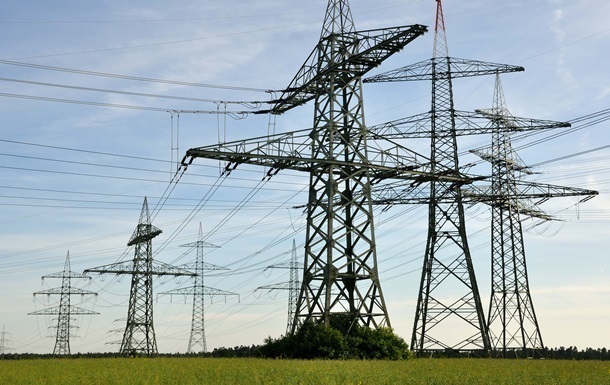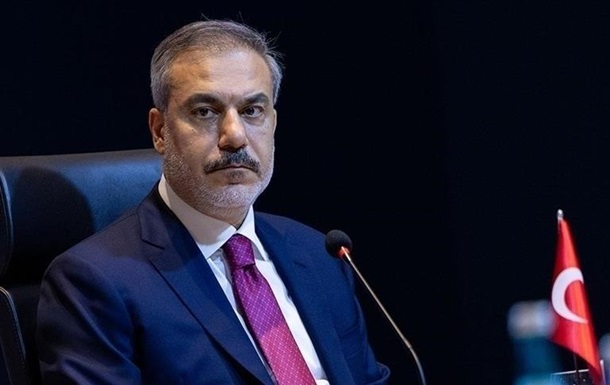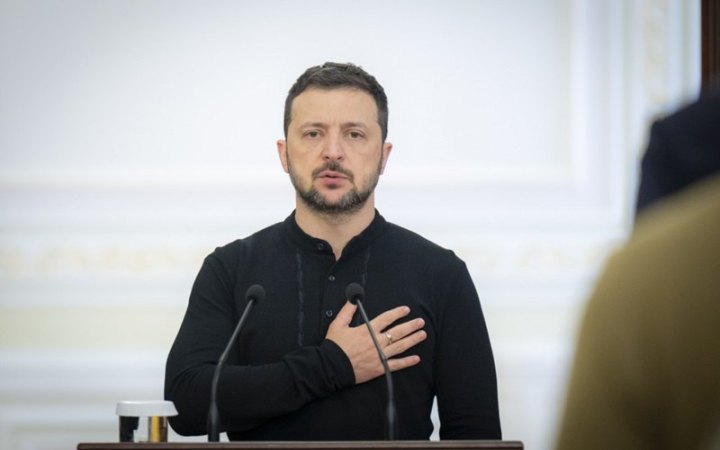
Baltic countries set date for disconnection from Russian power grid
Until February 8, the power grids of Estonia, Latvia and Lithuania will operate in the IPS/UPS system, in which Russia controls the frequency of electricity.
The Baltic countries will finally disconnect from the Russian power grid on February 8, and the next day they will synchronize with the EU grid. This was announced by the Estonian energy company Elering.
It is noted that the Baltic power system operators will disconnect the power grids of Estonia, Latvia and Lithuania from the IPS/UPS and begin joint testing of their power systems in the energy island mode. Synchronization with part of continental Europe is scheduled for February 9, 2025.
Until then, the power grids of Estonia, Latvia and Lithuania operate in the IPS/UPS system, in which Russia controls the frequency of electricity.
“Synchronization with the Continental European Synchronous Zone will ensure independent, stable and reliable frequency control in the Baltic states’ power grids and increase energy security in the region,” the report says.
According to Elering, synchronization will improve the interconnection and market integration of EU power systems, which will allow the Baltic power systems to operate under common European rules.
Synchronization is supported by the EU through CEF Energy co-financing of about €1.2 billion, which is expected to cover up to 75% of the project’s costs.
It was previously announced that Lithuania would disconnect from the Russian power grid along with the other Baltic states.



